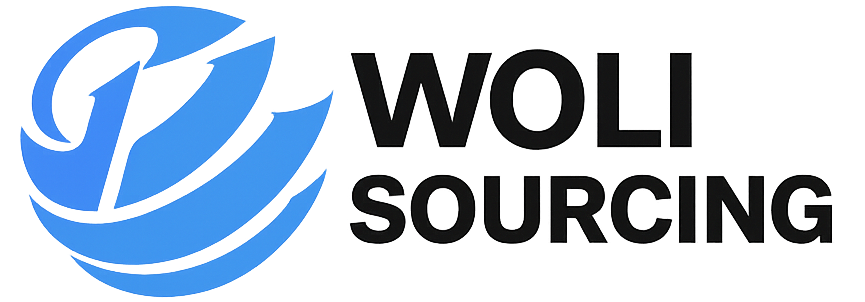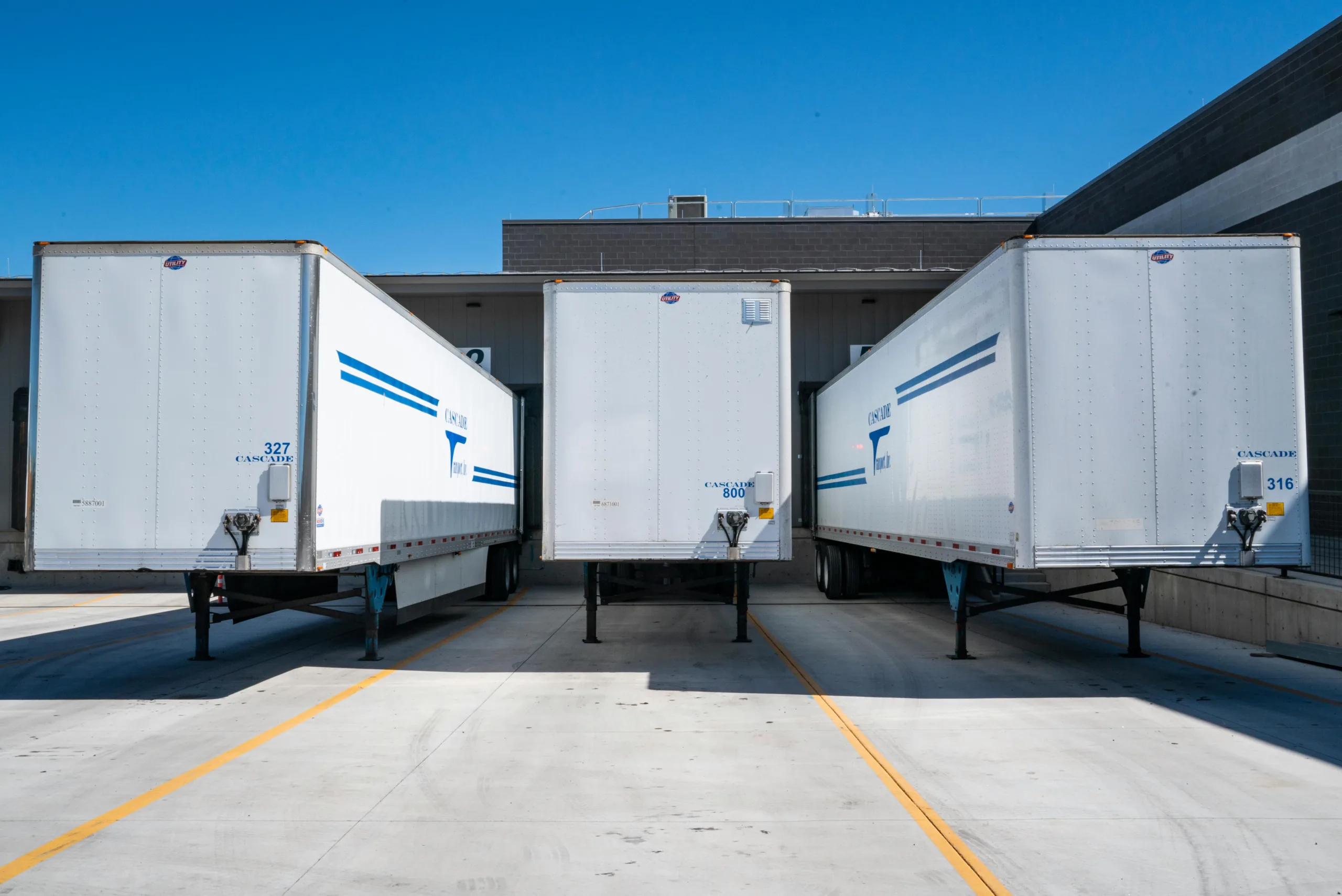When it comes to sourcing from China, two of the most popular platforms are 1688 and Alibaba. Many international buyers wonder: Which one is cheaper, safer, and more suitable for my business? In this article, we compare 1688 vs Alibaba in terms of pricing, suppliers, language, and logistics to help you make the right choice.
What Is Alibaba?
Alibaba is a global B2B marketplace where suppliers list products for international buyers. It supports multiple languages, secure payments, and global shipping options. Alibaba is designed for foreign businesses, which makes it easier to connect with manufacturers and trading companies in China.
Key Features of Alibaba:
- Wide range of products across industries
- Verified suppliers and trade assurance service
- Supports low MOQs (for some suppliers)
- International payment methods (PayPal, credit card, bank transfer)
What Is 1688?
1688 is a Chinese domestic wholesale platform owned by Alibaba Group. Unlike Alibaba.com, 1688 mainly serves the Chinese domestic market, meaning most suppliers speak only Chinese and accept local payments such as Alipay or bank transfer.
Key Features of 1688:
- Extremely low prices (factory-direct rates)
- Huge variety of suppliers, including small factories
- Mostly Chinese interface and communication
- Limited international shipping support
Price Comparison: Is 1688 Cheaper than Alibaba?
One of the biggest reasons why buyers compare 1688 vs Alibaba is pricing. On 1688, prices are often 30–50% lower than Alibaba because the platform is designed for domestic wholesale rather than international trade.
- Alibaba: Higher prices due to translation, logistics, and service fees.
- 1688: Factory prices, but you need an agent or sourcing partner to manage orders and shipping.
👉 If cost is your priority, buying from 1688 wholesale can save significant money.
Supplier Quality and Trustworthiness
When comparing Alibaba suppliers vs 1688 suppliers, there are clear differences:
- Alibaba suppliers: Many are trading companies but verified with certifications and trade assurance.
- 1688 suppliers: Mostly factories, but less transparent for foreign buyers. Hard to check reliability without a sourcing agent.
This means Alibaba offers more security, while 1688 offers lower prices but higher risk.
Language and Communication
- Alibaba: English-friendly platform with built-in translation.
- 1688: Entirely in Chinese, so you’ll need to use translation tools or work with a sourcing agent.
For international buyers, this makes Alibaba sourcing easier, while 1688 requires more effort.
Logistics and Shipping
- Alibaba: Supports direct international shipping, including sea freight and air freight.
- 1688: Usually domestic shipping only. To export products, you’ll need a China sourcing agent who consolidates and ships internationally.
Which Platform Should You Choose?
- Choose Alibaba if you want convenience, verified suppliers, and direct international shipping.
- Choose 1688 if your priority is lowest cost sourcing from China and you can work with a sourcing agent for communication and logistics.
Final Thoughts
Both 1688 and Alibaba are powerful tools for sourcing products from China. If you are just starting, Alibaba might be easier. If you want to scale with lower costs, 1688 wholesale sourcing can give you a big advantage.
👉 Need help with 1688 sourcing services? Contact us at WoliSourcing, your trusted China sourcing partner.



so good about it,I want export something from china,can you have a recommendation?